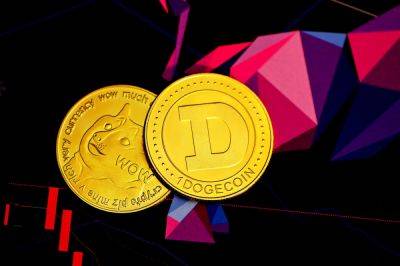Bank of America Says PayPal’s Stablecoin Will Not Record Significant Adoption In The Coming Months
A new report by the Bank of America suggests that PayPal’s new stablecoin, PYUSD will not record the projected adoption in the near term citing tougher competition and indifference of investors.
Per the report, the launch of the new stablecoin by the financial giant is great for the digital asset community and the company itself but it will struggle going head to head against USD Tether (USDT) and USD Coin (USDC).
“Investors may have been fine holding non-yield bearing stablecoins such as Tether (USDT) and USD Coin (USDC) when rates were close to zero, but yield-bearing stablecoins will likely become increasingly available and attractive with short-term rates above 5%.”
A major criticism leveled against PYUSD is the company’s strategy to explore alternative monetization rather than the yield of reserves. The company plans to utilize its structure in centralized finance to drive adoption through a watertight market.
The bank in its analysis further cites a lack of new functionality, lack of wallet compatibility, and trading pairs as reasons why the asset could face headwinds in the future.
Alkesh Shah and Andrew Moss, analysts with the bank argue that most investors do not care which stablecoins they hold as they are often considered safe and accessible.
While the bank concludes that adoption may be slowed, it says that PYUSD will improve customer experience as it will be integrated within the PayPal ecosystem and have better connectivity to fiat.
PayPal launched PYUSD to the delight of the digital asset community as more centralized financial institutions adopt and rally behind cryptocurrencies.
PYUSD will be available on PayPal and then on Venmo making it the first stablecoin to hit the market from a major traditional finance
Read more on cryptonews.com






















